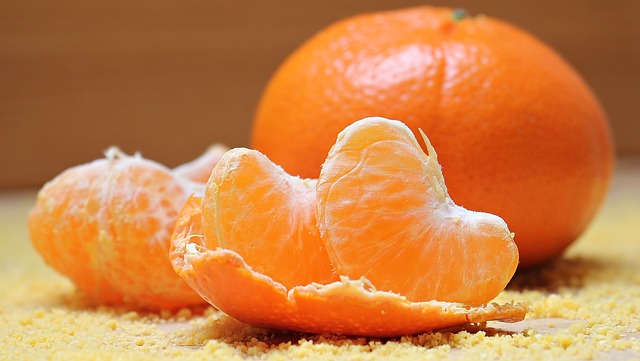Probiotics 101: A Beginner’s Guide to Optimizing Your Digestive Well-being
Probiotics have gained significant attention in recent years for their capability to support digestive health and overall well-being. These live bacteria and yeasts are extremely beneficial for your gut and offer a multitude of health benefits. In this beginner’s guide, we will explore what probiotics are, how they work, and how to incorporate them into your daily routine to optimize your digestive well-being.
What Are Probiotics?
Probiotics are live microorganisms that provide various health benefits when consumed in adequate amounts. They are often referred to as ‘friendly’ or ‘good’ bacteria because they help maintain a healthy balance of microorganisms in the gut. The most common types of bacteria found in probiotics include Lactobacillus and Bifidobacterium.
How Do Probiotics Work?
The human gut is home to trillions of microorganisms, collectively known as the gut microbiota. While some bacteria can be harmful, the majority are essential for proper digestion, nutrient absorption, and immune system function. When the delicate balance of bacteria in the gut is disrupted, it can lead to various digestive issues and negatively impact overall health.
Probiotics work by introducing beneficial bacteria into the gut, thereby restoring the microbial balance. These friendly bacteria help break down food, enhance nutrient absorption, produce vitamins, and support the immune system. Additionally, they promote a healthy gut lining, which can improve the body’s defense against harmful bacteria and toxins.
Health Benefits of Probiotics
The consumption of probiotics has been associated with several health benefits, including:
- Improved Digestive Health: Probiotics can alleviate common gastrointestinal issues such as bloating, gas, constipation, and diarrhea.
- Boosted Immune System: They help strengthen the body’s natural defense mechanism, reducing the risk of infections and allergies.
- Enhanced Nutrient Absorption: Certain strains of probiotics facilitate the absorption of minerals, such as calcium, iron, and magnesium.
- Reduced Inflammation: Probiotics may help reduce inflammation in the gut and alleviate symptoms of inflammatory bowel diseases like Crohn’s disease and ulcerative colitis.
- Improved Mental Health: Emerging research suggests a connection between the gut and the brain, indicating that probiotics may have a positive impact on mental health conditions like depression and anxiety.
Ways to Incorporate Probiotics into Your Daily Routine
There are several ways to incorporate probiotics into your daily routine. Here are some effective methods:
- Yogurt: Yogurt is one of the most accessible sources of probiotics. Look for varieties that contain live and active cultures like Lactobacillus and Bifidobacterium.
- Fermented Foods: Foods like sauerkraut, kimchi, kefir, and kombucha are rich in probiotics. Include these fermented foods in your diet for a natural probiotic boost.
- Probiotic Supplements: If you’re unable to consume enough probiotics through food alone, you can opt for high-quality probiotic supplements available in the market. Consult a healthcare professional for guidance.
- Prebiotic Foods: Prebiotics are non-digestible fibers that serve as food for probiotics. Consuming foods like garlic, onions, bananas







